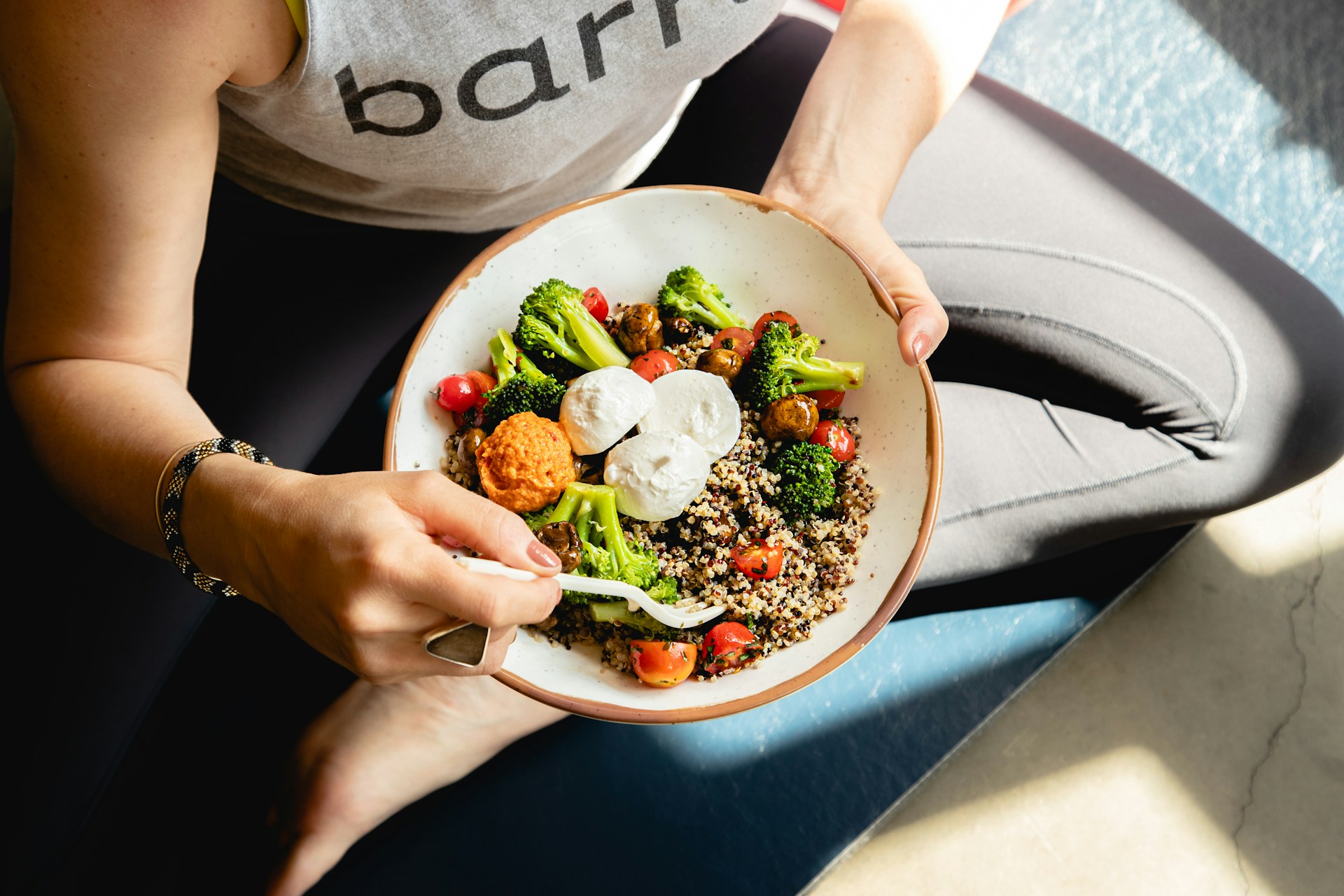
Thinking about prioritizing your health can feel overwhelming, especially if you’re just starting. The good news? Building a healthier lifestyle isn’t about overnight transformations or extreme measures. Sustainable changes happen step by step. This guide walks you through realistic, research-backed strategies to become healthier, more confident, and full of energy—from the comfort of your home and beyond.
Whether you want to eat better, move more, stress less, or simply feel stronger in your routines, these tips break it down into easy-to-follow sections. Expect practical examples, small wins to celebrate, and a focus on progress, not perfection.
Building a Balanced Eating Routine
Understanding the Basics of Nutrition
Nutrition is the foundation of a healthy lifestyle. It’s not about strict diets or deprivation. Instead, aim to fuel your body with a variety of whole foods.
- Eat more plants: Fruits, vegetables, beans, and whole grains add fiber, vitamins, and minerals to your meals.
- Keep it simple: Use the “plate method” for balance. Fill half your plate with vegetables and fruit, a quarter with lean protein, and a quarter with whole grains.
- Hydrate wisely: Water is your best friend. Swapping out sodas and sugary drinks can make a big impact over time.
How to Incorporate Healthy Meals into Busy Days
- Prep ahead: Batch cook grains, proteins, and chopped veggies on the weekend.
- Snack smart: Choose nuts, yogurt, fruit, or hummus with carrot sticks over chips or cookies.
- Don’t skip breakfast: Even a piece of fruit and some peanut butter can help kickstart your day.
Increasing Physical Activity for Beginners
Starting with Small, Consistent Steps
Physical activity benefits your heart, mood, and sleep—even if you start small.
- Take daily walks: Even 10-minute strolls add up.
- Try home workouts: Free videos online offer beginner routines in yoga, strength, or cardio.
- Set reminders: Move every hour if you have a sedentary job to reduce stiffness and boost energy.
Finding Motivation and Sticking to It
- Start with what you enjoy: Dancing during chores, gardening, or biking all count as an activity.
- Track your wins: Use a journal or app to log progress and stay motivated.
- Set realistic goals: Aim for consistency, not intensity.
Creating a Sustainable Sleep Schedule
Why Sleep Matters
Good sleep is key for muscle repair, memory, and managing stress. Adults should aim for 7–9 hours each night.
Tips for Sleep Success
- Set a bedtime routine: Wind down with a book or calming music, not screens.
- Keep a consistent schedule: Wake up and go to bed at the same times—even on weekends.
- Optimize your bedroom: Dim lighting, cool temperatures, and blackout curtains can help.
Managing Stress and Improving Mental Health
Healthy Ways to Cope with Stress
Stress is a normal part of life, but chronic stress can take a toll on both mind and body.
- Practice deep breathing: Try the 4-7-8 technique—inhaling for 4 seconds, holding for 7, exhaling for 8.
- Connect with others: Call a friend, join a group, or get outside for fresh air and perspective.
- Limit distractions: Set boundaries with news, social media, or toxic conversations.
Building Mental Strength
- Gratitude journals: Write down three good things daily to shift focus from problems to positives.
- Seek support: Don’t hesitate to ask for help (from a counselor or community group) when you need it.
Building Confidence Through Consistent Habits
Setting Realistic, Achievable Goals
Success can be as simple as making your bed each morning. Small accomplishments help you build momentum and self-trust.
- Break big goals into small tasks: Instead of “get fit,” start with “walk 5,000 steps daily.”
- Celebrate progress: Reward yourself (with something healthy) for milestones, not just the end goal.
Learning from Setbacks
- Be gentle with yourself: Everyone slips up. Reflect on what happened and how you’ll adjust next time.
- Stay flexible: Adjust habits as life changes instead of quitting when things aren’t perfect.
Connecting with a Supportive Community
Finding Your People
You don’t have to do this alone. Accountability and encouragement make healthy changes easier and more enjoyable.
- Online forums: Fitness apps or cooking communities offer advice and encouragement.
- Local groups: Walking clubs, healthy cooking classes, or volunteer teams can help you build confidence with others.
Sharing Your Journey
- Document the process: Blog, post on social, or keep a private journal to reflect and inspire others.
- Encourage friends and family: Invite others to join you or cheer you on along the way.
Next Steps Toward a Healthier Lifestyle
Making positive lifestyle changes isn’t about getting it perfect on day one. Rather, it’s about progress over time and a willingness to try, learn, and adjust. Start with just one or two strategies from this guide; add more as you grow more comfortable.
Need more support? Seek a nutritionist, personal trainer, or a local health class for additional structure. The most important thing is to keep moving forward and celebrate each victory along the way.














